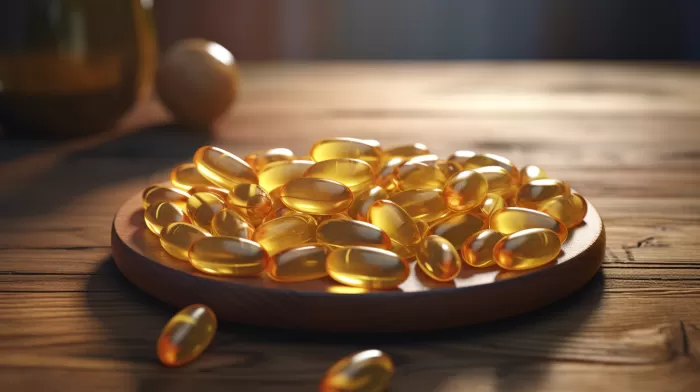In a two-year study of heart failure patients, medical researchers discovered that CoQ10 (Coenzyme Q10) can significantly reduce the risk of death. CoQ10, a substance naturally produced from ubiquinol in the body, helps cellular mitochondria create energy and serves as a powerful antioxidant. Hundreds of scientific studies have demonstrated the importance of CoQ10 in generating energy in every cell of the human body.
Svend Aage Mortensen, one of the researchers, states that CoQ10 should be added to standard heart failure treatments. He explains that while other heart medications may block cellular processes and cause side effects, CoQ10 supplementation corrects deficiencies in the body and stops the “energy-starved heart” syndrome often observed in chronic heart failure patients.
CoQ10 Production and Statin Drugs
When you’re young, your liver produces adequate amounts of ubiquinol, which is then converted to the CoQ10 necessary for maintaining muscle and cell strength. Production, however, may decline as you age. If you take statin drugs, it’s especially important to increase your CoQ10 levels, as many experts believe these medications can deplete the body’s natural CoQ10 reserves.
Dietary Sources and Supplementation
While you can find CoQ10 in small amounts in certain foods such as soybeans, sardines, mackerel, soybean oil, sesame seeds, and peanuts, it’s often necessary to supplement your intake to achieve higher CoQ10 levels. According to the medical journal Cardiovascular Drugs and Therapy, increasing CoQ10 levels through supplementation can improve blood flow to your heart by as much as 91 percent.
Research on CoQ10 has also established that it can help 75 percent of heart patients experience fewer heart rhythm disturbances, alleviate chest pain in 66 percent of patients, and reduce the risk of a future cardiac event in 50 percent of patients.
Mortensen cautions that there are no controlled trials demonstrating that statin therapy combined with CoQ10 supplementation improves mortality more than statins alone. However, he notes that statins reduce CoQ10, and CoQ10 has been proven to effectively prevent the oxidation of LDL (“bad” cholesterol). Therefore, he believes that heart disease patients should supplement their statin therapy with CoQ10.
Additional Benefits of CoQ10
Besides its significant benefits for heart health, CoQ10 supplementation has been shown to provide numerous other health advantages, including reduced muscle pain from statin drugs, improved blood sugar control in diabetics, and enhanced fertility in both men and women. CoQ10 has also been found to help delay the progression of neurodegenerative diseases, such as Parkinson’s and Alzheimer’s, aid in exercise performance by increasing cellular energy production, and reduce oxidative stress that can contribute to chronic fatigue syndrome.
Choosing the Right CoQ10 Supplement
When selecting a CoQ10 supplement, it’s crucial to choose a high-quality product. Look for a supplement that contains ubiquinol—the active form of CoQ10—instead of the oxidized form, ubiquinone. This will ensure optimal absorption and effectiveness. Also, consider selecting a product that contains added ingredients for enhanced absorption, such as MCT (medium-chain triglyceride) oil or BioPerine, a black pepper fruit extract.
It’s essential to talk to your healthcare provider before starting any supplementation regimen, especially if you have a pre-existing medical condition or are taking medications that could interact with the supplement.
In conclusion, CoQ10 supplementation has many potential health benefits for statin users and individuals at risk for heart disease, as well as providing numerous additional advantages relating to various other health concerns. Consider discussing CoQ10 supplementation with your healthcare provider to determine if it’s the right choice for you.



